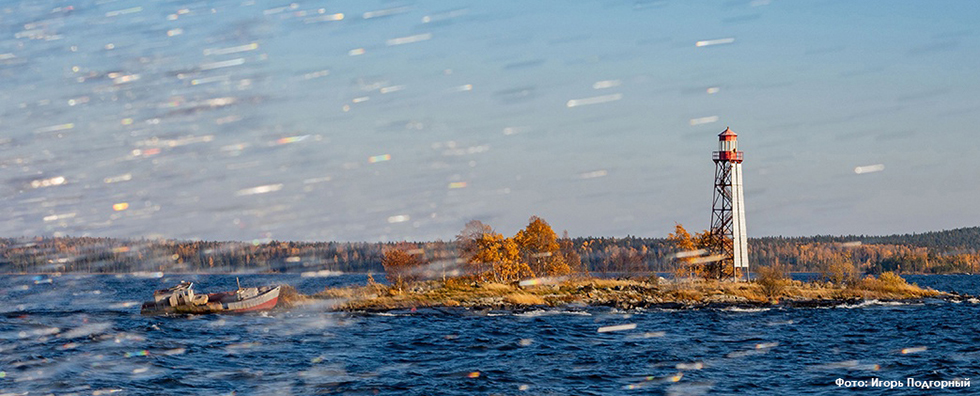References
Reference
1. Arctic Human Development Report: Regional Processes and Global Linkages. URL: http://norden.diva-portal.org/smash/get/diva2:788965/FULLTEXT03.pdf
2. Stepus I. Strategic development of the economy of the Arctic macroregion and its supply with personnel with secondary vocational education // Regional economy: theory and practice. - 2016. - No. 11. - P. 66-80.
3. Sigova SV, Stepus I.S. Staffing of priorities for the development of the Arctic zone of Russia - the contribution of the higher education system // University management: practice and analysis. - 2015 - No. 5 - C. 19-29.
4. Alimova T.M., Shabayeva S.V., Stepus I.S. Education system possibilities and limitations for the graduate's employability improvement in the Arctic zone // ICERI2016: 9th annual International Conference of Education, Research and Innovation (14th-16th of November 2016). - Seville, Spain, 2016. - P. 4203-4209.
5. Shabaeva SV, Fedorova EA, Stepus I.S. Demanded professions in the Arctic zone of Russia as a reflection of the priorities for the development of the macro-region's economy // Economics and management: problems, solutions. - 2016. - № 7 (Volume 1). - P. 104-117.
6. Sigova SV, Kekkonen AL, Pitukhin EA Transparent information environment of the labor market / / Social sciences and modernity. - 2016. - № 3. - P. 64-74.
7. Sigova SV, Stepus I., Mazaeva K., Fedorova E.A. "Employment barometer" as a reflection of the situation in the regional labor market // ETAP: economic theory, analysis, practice. - 2016. - №2. - pp. 99-113
8. Serova LM, Sigova SV, Mazaeva KV, Fedorova EA Professiograms as a tool to increase public awareness of demanded professions // Scientific and information-analytical economic journal "STAGE: Economic Theory, Analysis, Practice." - 2015. - No. 1. - P. 138-149.




